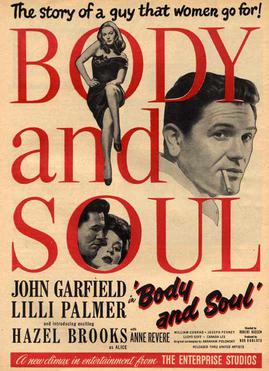 |
| Broderick Crawford, John Ireland, and Mercedes McCambridge in All the King's Men |
Jack Burden: John Ireland
Anne Stanton: Joanne Dru
Sadie Burke: Mercedes McCambridge
Tom Stark: John Derek
Adam Stanton: Shepperd Strudwick
Tiny Duffy: Ralph Dumke
Lucy Stark: Anne Seymour
Mrs. Burden: Katherine Warren
Judge Monte Stanton: Raymond Greenleaf
Sugar Boy: Walter Burke
Dolph Pillsbury: Will Wright
Floyd McEvoy: Grandon Rhodes
Director: Robert Rossen
Screenplay: Robert Rossen
Based on a novel by Robert Penn Warren
Cinematography: Burnett Guffey
Art direction: Sturges Carne
Film editing: Al Clark, Robert Parrish
Music: Louis Gruenberg
Where psychological realism is concerned, Robert Rossen's All the King's Men plays more like a temperance lecture than a political movie. One moment Willie Stark is a naive, teetotaling reformer, faithful to his wife, and the next he's a drunken, avaricious demagogue and womanizer. All it took was a bender and a hangover, along with a little bit of disillusionment about the reason he was being promoted as a gubernatorial candidate. It's possible, however, that some of the subtlety in the characterization of Willie Stark ended up on the editing floor. The first cut of the film was notoriously overlong -- over four hours -- until it was subjected to some ruthless editing from Robert Parrish, who was called in as "editorial adviser," receiving no screen credit but rewarded with an Oscar nomination. All the King's Men is still something of a ramshackle affair in its structure and character development. While it won the best picture Oscar, it's no masterpiece. What it is, however, is a moderately good entertainment, with some effective location filming by Burnett Guffey in various California settings, and a showcase for some good performances: Broderick Crawford as Willie and Mercedes McCambridge as his factotum (and sometimes mistress, if you know how to decode the censorship runarounds) won their own Oscars, and John Ireland was nominated. But the film falls apart where it comes to politics, never quite showing how Willie managed to con the voters into their avid support while stifling and even bumping off the opposition. Instead, we get sidetracked into the relationship between Jack Burden and Anne Stanton, the melodramatic suicide of her uncle, and her brother's transformation into an assassin. Maybe someday we'll get a solid portrayal of populist demagoguery in the movies, whether based on Huey P. Long or Donald J. Trump, but All the King's Men isn't it.
